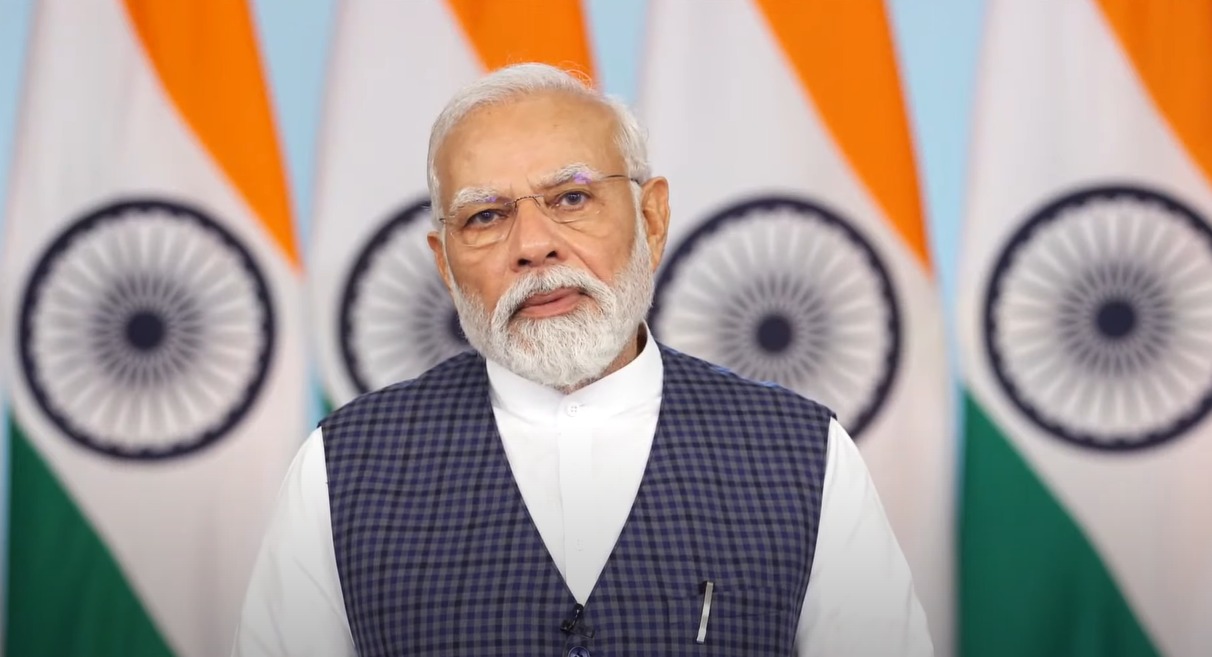“Impact of corruption is felt the most by the poor and marginalised,” said Prime Minister Narendra Modi at the G20 Anti-Corruption Ministerial Meeting in Kolkata today. PM Modi highlighted how India is leveraging technology and e-governance to tackle the menace of corruption. “India has a strict policy of Zero Tolerance against corruption. We are leveraging technology and e-governance to create a transparent and accountable ecosystem,” said the PM.
The result of adopting e-governance and using technology has been the reason why millions of Indians receive direct benefit transfers. PM Modi pointed out that hundreds of millions of people in India have received direct benefit transfers into their bank accounts, amounting to more than 360 billion dollars and helping save over 33 billion dollars.
Speaking on the occasion, Union Minister Jitendra Singh said, “Technology, transparency, and public participation form the bedrock of our anti-corruption efforts.”
India’s Economic Offenders Act 2018 is also a monumental step in this direction. The government is aggressively pursuing economic offenders and has recovered assets worth over 1.8 billion dollars from economic offenders and fugitives. Moreover, under the Prevention of Money Laundering Act, the government has attached assets worth more than 12 billion dollars since 2014.
The issue of fugitive economic offenders is a challenge for all G20 countries and for the Global South. It is pretty apparent that the battle against corruption cannot be conducted in isolation. To combat the corruption menace, governments, organisations, and society must all work together. According to a report published by the World Economic Forum (2019), corruption, bribery, theft, tax evasion, and other illicit financial flows cost developing countries $1.26 trillion per year.
The G20 could perhaps serve as a platform for global change and to improve inter-stakeholder cooperation so that real progress can be made against corruption.














